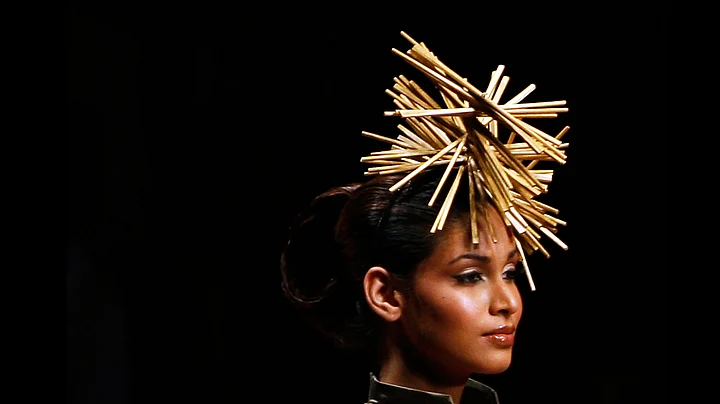Fifty years ago, a wispy-moustached Mehmood pranced around singing ‘Hum kaale hai toh kya hua? Dilwaale hain!’ The song was meant to poke fun at India’s obsession with fair skin, on and off screen.
Even in 2015, the joke hits a little too close to home.
Giriraj Singh’s recent comments on Sonia Gandhi has reignited the debate on the dark-skinned in India. The minister of state said,
If Rajiv Gandhi had married a Nigerian lady, someone not white-skinned, would the Congress have accepted her as its leader?
— Giriraj Singh, Minister of State for Micro, Small and Medium Enterprisesd
Singh was universally condemned. However, what about the everyday myths about fairness that exist all around us?
Whether it is your grandmother’s favourite piece of advice or the perpetual barrage of fairness cream advertisements on TV, billboards and magazines, the magical myth of fair skin is everywhere.
‘Beta, chai mat piyo! Kaali ho jaogi!’
Drinking tea or coffee has no effect on skin colour. Skin colour is determined by the amount of melanin pigment in your skin, which is usually genetic. No amount of tea or coffee can bring about any change in melanin pigmentation.
When you were told this as a child, you probably hadn’t discovered the happiness that cutting-chai brings. Or the joys of a steaming pot of coffee.
Now that you have, will you let something as trivial as skin colour come in the way?
You’re Dark. Sorry, You’re not Selected.
A woman walks in for a job interview. Ostensibly, she has all the qualifications that are needed for the job. But the stern-faced interviewer rejects her. Why? She isn’t fair enough.
Or at least, that’s what fairness cream companies will have us believe.
In 2014, the Advertising Standards Council of India (ASCI) released a set of guidelines which forbid fairness skin cream ads from portraying dark skinned people as inferior in any way.
The fact that dark skin will prevent you from achieving professional success is so deeply ingrained, that most young men and women consider it a necessary requirement.
Saffron Milk for Fair, ‘Bhindi’ for Dark
If you’re pregnant, don’t eat bhindi (okra). Not unless you want your child to be dark-skinned.
Instead, drink saffron-milk and revel in all the pleasures that come with having a fair-skinned child in India.
A common worry on most pregnancy discussion forums, this is a myth which is still popular among expecting mothers. Despite evidence from doctors and experts to prove otherwise.
Arranged or Love Marriage, Prince Charming Likes White
In a blog, Avantika Debnath from Kolkata wrote about her sister being ‘rejected’ for marriage. For the fifth time. Her sister is a PhD from Germany and is trained in classical music. Her only fault?
She is, as is popularly known, ‘dusky’ in colour.
In the competitive arranged marriage market, most dark skinned women find the going really tough. Most fairness skin ads shamelessly propogate this myth as it helps their sales.
But, ideas are not born in a vacuum and myths cannot survive without people. Myths about dark skin in India need to be dismantled everyday and in whichever capacity we can.
Preferably with many, many cups of chai.
